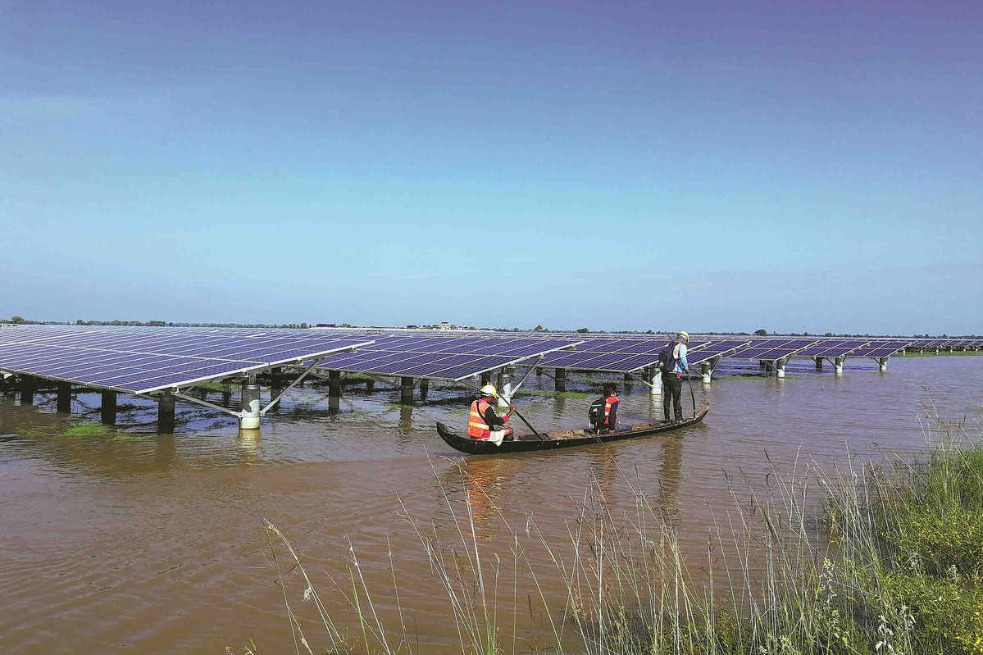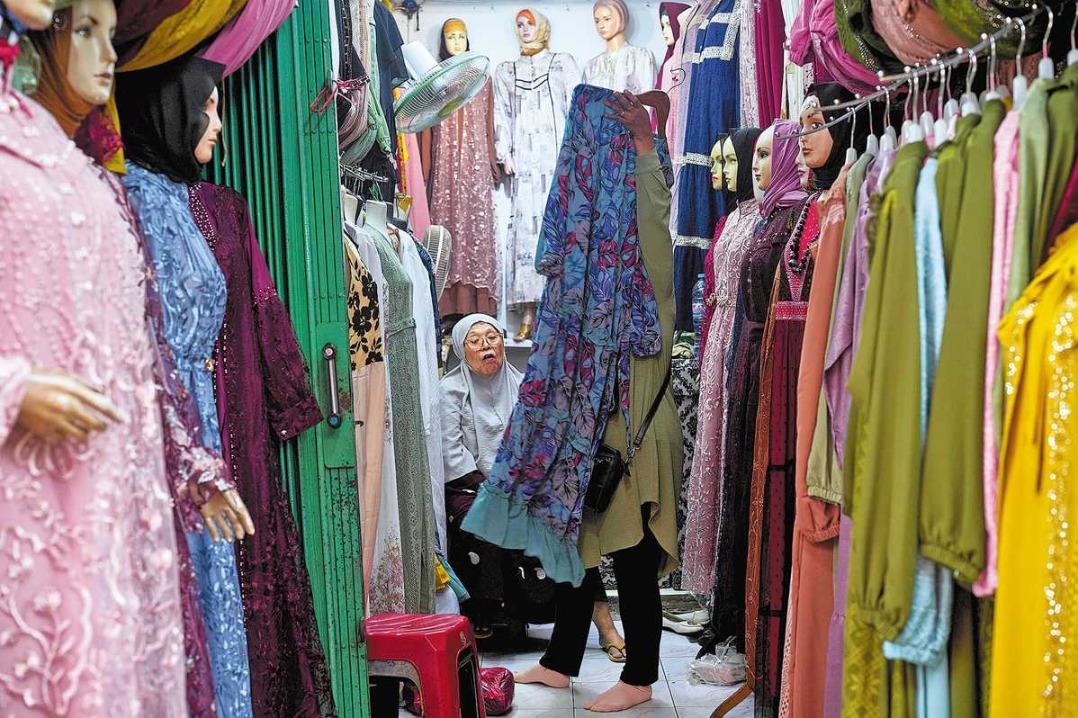China ceases to be dumping ground for waste from foreign land

A National Public Radio story on Saturday described the impact on Portland, Oregon, after China's recent ban on the import of foreign waste.
The report, by Cassandra Profita and Jes Burns, quoted a spokesman for local Rogue Waste as saying that the company had no choice but to take all of its recyclable material to the local landfill.
Few Americans know that one of the largest US exports to China is recyclable solid waste, as Yukon Huang, author of the book Cracking the China Conundrum: Why Conventional Economic Wisdom is Wrong, likes to remind people. He noted that many US Commerce Department officials had no idea of it.
Every day, some 3,700 shipping containers full of recyclables are trucked to US ports, loaded onto ships and sent to China. The items in those containers include plastics, metal, paper, cardboard, and textiles, which Chinese manufacturers use as raw materials, Bloomberg News reported.
The US exported more than 37 million metric tons of scrap commodities valued at $16.5 billion to 155 countries last year. China accounted for almost one-third of that total, about $5.2 billion.
However, the State Council, China's cabinet, announced on July 18 new regulations banning the import of foreign waste.
On the same day, China notified the World Trade Organization that it will no longer accept imports of 24 types of solid waste, including plastic, textiles, unsorted paper, artificial fibers and certain metals.
China planned for the restrictions to take effect in September and be fully implemented by the end of this year.
The rationale makes good sense as the move will help reduce the health and environmental hazards caused by foreign wastes, and also free up more of China's large but somewhat chaotic recycling industry to tackle the rapid increase of solid waste produced by the 1.3 billion Chinese themselves.
News about imported foreign waste containing excessive contaminated and toxic materials has shocked the Chinese people from time to time.
Minister of Environmental Protection Li Ganjie told reporters on Aug 22 that about 60 percent of companies that process imported foreign wastes were found in a recent probe to have violated relevant rules. He vowed to maintain high pressure on them to comply.
Countries around the world generate 1.3 billion tons of waste a year. It is expected to hit 4 billion tons by 2100, World Bank official Ede Ijjasz-Vasquez told the Los Angeles Times.
The US, China, Brazil, Japan and Germany are the leading trash generators. The US produced about 228 million tons of waste in 2006, a figure that climbed to 254 tons by 2013.
China, which has a population four times larger than the US, has caught up in recent years with its 190 million tons of waste per year.
The NPR report on Saturday is just the latest of many such stories in the US news media. Most reports have focused on the difficult situation facing the US recycling industries after China's decision. Almost none has delved into how much US households have contributed to the severe pollution in China over the years by exporting such wastes and how average Americans should change their lifestyle to produce less waste for the sake of the planet.
It reminds me of the argument that US President Donald Trump and many US politicians make when they blame China for the US trade deficits or steel overcapacity. They never acknowledge or mention the fact that cheap Chinese manufactured goods, from blue jeans to toys, have made them more affordable to American consumers while China bears the brunt of the pollution that comes from making them.
Relocation of pollution has long been a strategy by advanced countries to exploit the often lax environmental standards in developing countries. It is a blemish that few Western companies like people to know about while they brag about their so-called corporate social responsibility.
It is true that tackling and recycling the mounting domestic solid waste in China will be an ever daunting task. But facing such a challenge reflects China's determination to embark on a more environmentally sustainable path, rather than pursuing economic growth at all costs.
Contact the writer at [email protected].

































